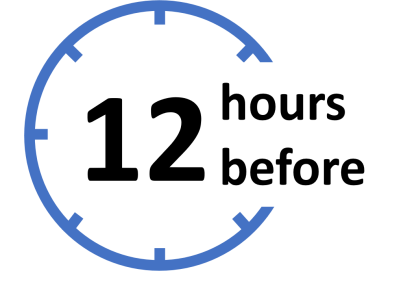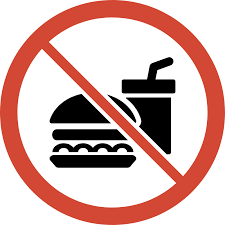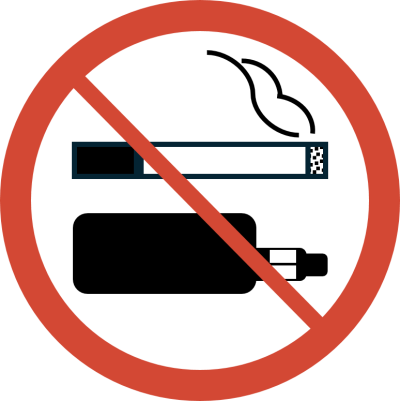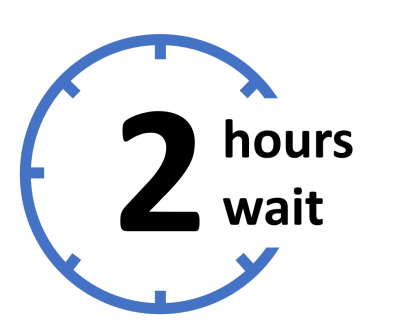Neurodiversity information for parents and young people
Here we explain why we test for diabetes in pregnancy, and how this ‘oral glucose tolerance test’ is done.
If you are coming in for the test, read these instructions carefully beforehand.
Diabetes during pregnancy
Some women develop diabetes during pregnancy. This is called ‘gestational diabetes’. For more about this, see the box.
Gestational diabetes mellitus is a type of diabetes that develops during pregnancy. It happens when hormones from the placenta make it harder for your body to use insulin (a hormone) effectively. This causes higher levels of sugar (glucose) in your blood.
Why test for it
If you are at risk of developing gestational diabetes, we may recommend you have a blood test to check for it.
If gestational diabetes is not diagnosed and managed, it can sometimes cause problems for you and your baby. This is why it is important to be tested if you are at risk. Treating it early can help keep you and your baby safe.
Who is tested
At Kingston hospital, you will be offered a diabetes test if:
- your body mass index (BMI) is above 30 – use the BMI healthy weight calculator to work out your BMI
- you are of south Asian, Black, African-Caribbean or Middle Eastern origin (even if you were born in the UK)
- you are aged 45 or more
- you have polycystic ovarian syndrome (PCOS)
- you are taking the antipsychotic medications quetiapine, olanzapine or aripiprazole
- you are currently pregnant with twins
- you previously had a baby who weighed 4.5kg (10lb) or more at birth
- you have a parent or sibling with diabetes
- you had gestational diabetes in a previous pregnancy
- you are found to have persistent sugar in your urine (before 32 weeks)
- your baby is found to have extra fluid or is estimated to be above the 95% centile in weight on an ultrasound scan (before 32 weeks).
Diabetes test
The test for gestational diabetes is called an oral glucose tolerance test (sometimes known as OGTT). It measures your body’s response to a sugary drink.
Important instructions
The instructions given below are very important. If you do not stick to them, we will probably have to cancel the test because it will not give accurate results.
![]()
|
|
Only water for 12 hours before No other food or drink No smoking or vaping |
Have only plain water for the 12 hours before your test. Have no other food or drink otherwise the test results will be wrong. This includes no sweets, chewing gum or mints. Do not smoke or vape for the 12 hours before your test, until after the second blood test. These can significantly affect the test results. Appointments are usually in the morning so that you do not have to go too long during the day without food. |
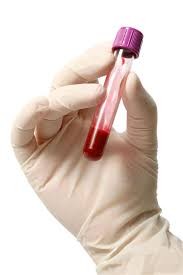 |
Blood test | Arrive for your blood test 10 minutes early. A member of staff will take a blood sample from your arm. |
 |
Sugary drink | After the blood test we will give you a sugary drink. Drink this within 10 minutes. |
|
|
Rest for 2 hours Have only water, no food or other drinks No smoking or vaping |
You must then sit and rest for 2 hours. You can rest in the waiting room, your car or other quiet place. Do not walk far. We will tell you what time to come back for your second blood test. In these 2 hours, do not eat or drink anything except plain water, and do not smoke or vape. These can significantly affect the test results. |
 |
Second blood test |
Go back to the waiting room 10 minutes before your blood test time. We will then take a second blood sample from your arm. If you are late for the test, we will have to cancel everything. You will then need to come another day and start the test process from the beginning. |
 |
Afterwards |
After the test we recommend you eat something, especially if you intend to drive. You can buy food at the hospital, or you can bring a snack with you. You can then continue with your normal activities and eat and drink as normal. |
Results
The test results are not immediate.
If the test shows you have gestational diabetes, we will telephone you within 48 hours.
If you do not have diabetes, we will not call you. Your midwife will have your results for you at your next appointment.
Some women will need more than one glucose tolerance test during their pregnancy. Your midwife will tell you if this is necessary.
More information
- NHS information on gestational diabetes.
- Contact the Diabetes Specialist Midwives (details below) if you want more information about diabetes during pregnancy, or having the test done.
Contact information
Diabetes Specialist Midwives
